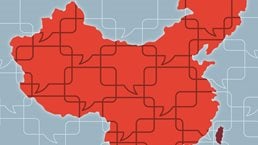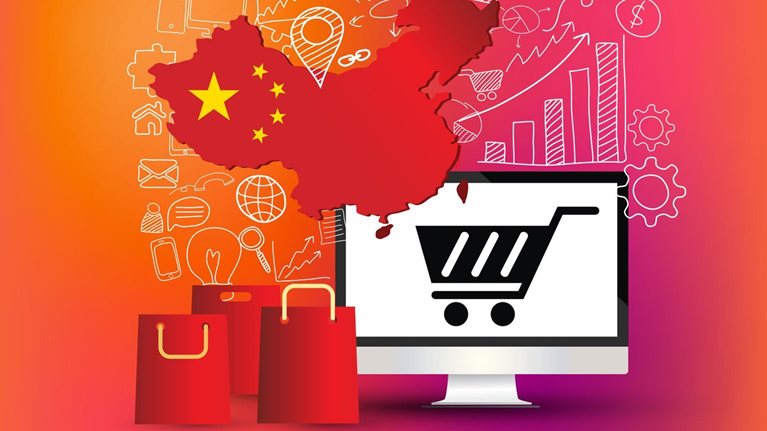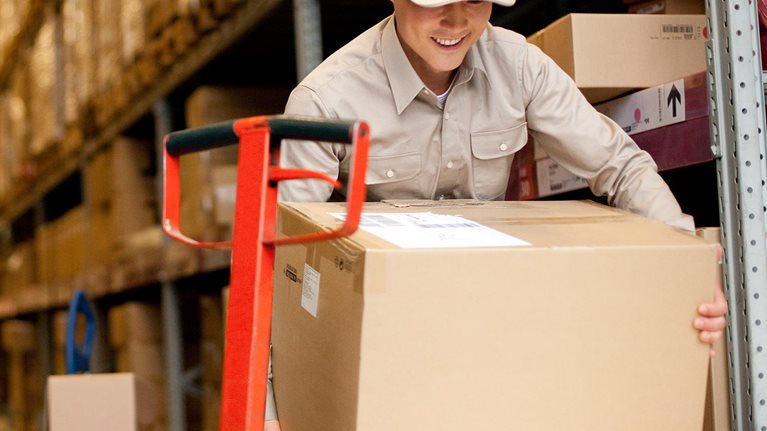In Europe and the United States, major online retail players, such as Germany’s Otto Group and Amazon, dominate the e-commerce market and oversee highly efficient distribution chains. In China, by contrast, the e-commerce sector is fragmented, and as a result the country’s logistics players struggle to keep up not only with the dizzying rates of e-shopping growth (50 percent and more) but also with the wide variability in demand. During slack periods, trucks are often loaded to only 30 to 40 percent of their capacity, raising costs. At peak times, such as the buildup to China’s Singles’ Day (when shipments run five to ten times higher than usual), merchants complain that orders are lost because of delivery delays.
Stay current on your favorite topics
About 50 companies have been testing a new app-based approach to managing demand swings that uses digital and social technologies. An Uber-like shipping platform links merchants with multiple logistics companies’ trucking fleets and drivers, enabling the companies to share capacity when they have room to do so.

China Pulse
Our series delivering insight into how digitization is reshaping the country.
The app, furthermore, serves to mobilize an on-demand pool of thousands of independent urban Chinese delivery drivers. The service provides dynamic profiles of drivers, their delivery records, and their capabilities—such as whether they do unpacking or installation work. It also enables users to rate drivers, thereby encouraging merchants to turn to competing logistics services (beyond their contracted vendor) or to the many independents they might previously have considered unreliable (exhibit).

The app offers pricing information, a detailed trip planner, and route maps that help drivers better navigate traffic and improve delivery times. It provides a sequence of suggested pickup sites and optimizes loads for the size of the vehicle. The app has allowed established players to reduce fleet costs by 30 percent in some cases and to avoid cancelled orders. Independents have gained a valuable new tool to maximize revenues.


